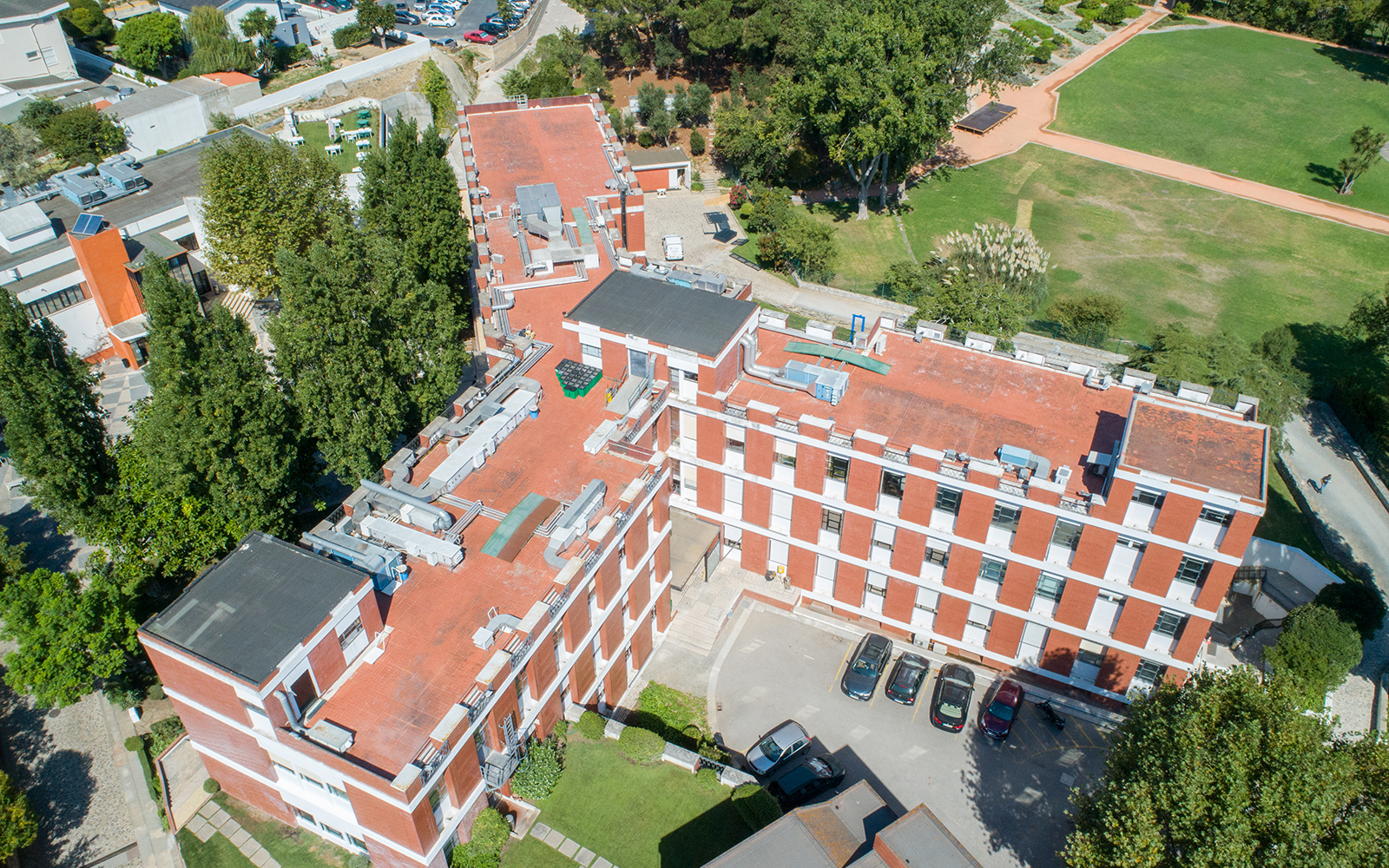Event Slider
Date
- / Cancelled / Sold out
Location
Virtual RoomSeveral seminars are held weekly at the Instituto Gulbenkian de Ciência, an initiative that aims to bring together all researchers around the topics under discussion.
The sessions, with internal researchers or guests, contribute to stimulate the open and extremely collaborative culture of the IGC.
You can read the abstract of this seminar to learn more about it.
Induction of trained immunity (innate immune memory) is mediated by activation of immune and metabolic pathways that result in epigenetic rewiring of cellular functional programs. Chromatin accessibility as assessed by histone modifications at the level of promotors (H3K4me3, H3K27Ac) or enhancers (H3K4me1) is an important mechanism mediating these programs. Through network-level integration of transcriptomics, epigenetics and metabolomics data, we identify glycolysis, glutaminolysis, and the cholesterol synthesis pathway as indispensable for the induction of trained immunity by beta-glucan in monocytes. Accumulation of fumarate, due to glutamine replenishment of the TCA cycle, integrates immune and metabolic circuits to induce monocyte epigenetic reprogramming. Furthermore, fumarate itself induces trained immunity, with induction of an epigenomic program similar to β-glucan-induced trained immunity. Identification of the molecular pathways contributing to induction of trained immunity contributes to our understanding of innate immune memory and opens new therapeutic avenues. Finally, the use of live attenuated vaccines such as BCG can induce beneficial heterologous effects in infections and cancer.
SPEAKER
Mihai G. Netea
Radboud University Medical Center, Nijmegen, the Netherlands

